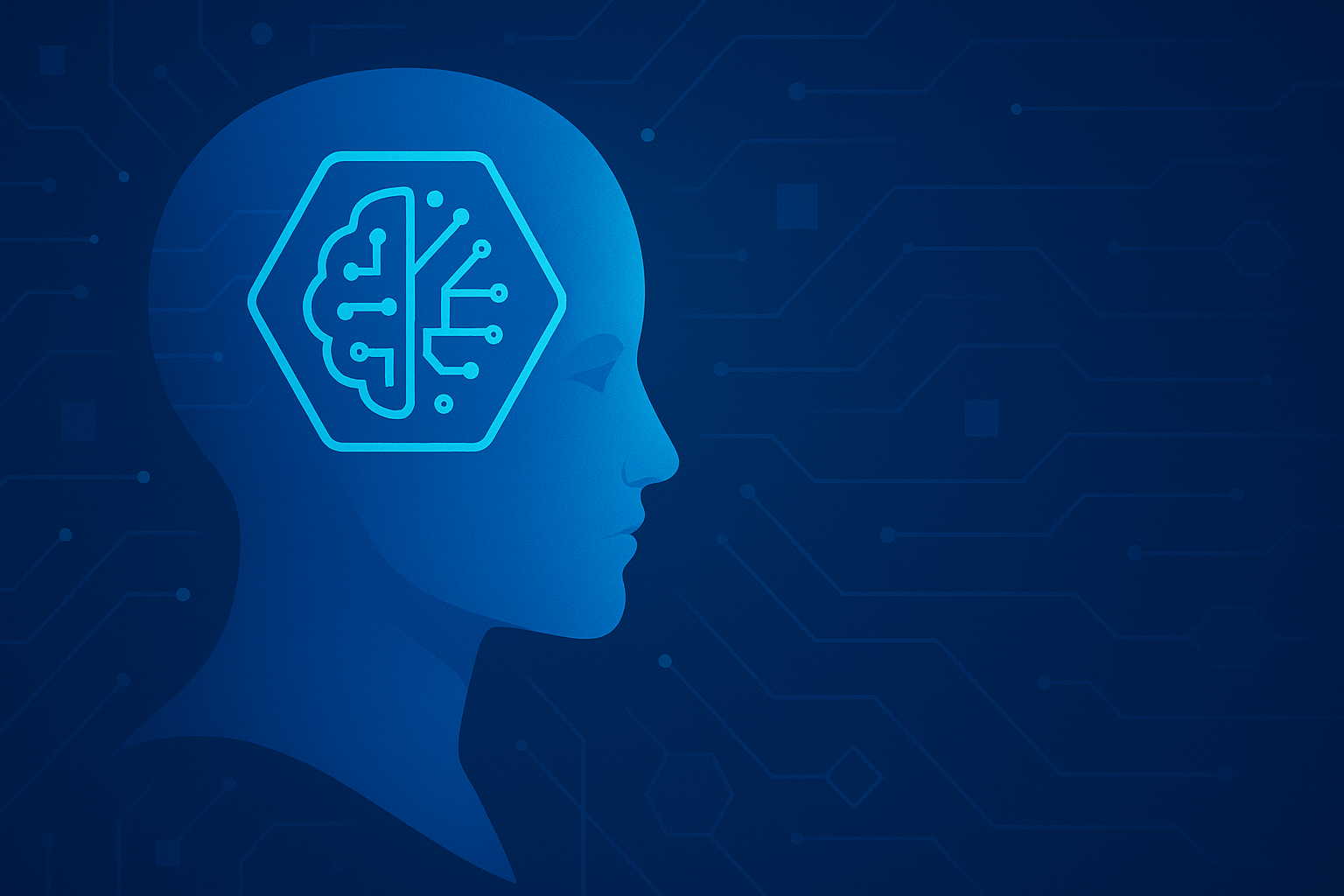Welcome to the “AI and Generative AI in Adult Education” course!
We’re thrilled you’re joining us to explore the essentials of AI and how it can be practically applied in adult education. To enrich this educational journey, we’ve thoughtfully utilised generative AI; it has helped us craft some course imagery, find inspiration for practical examples, and ensure the material is accessible and easy to understand. Please be assured, a human expert has thoughtfully reviewed and incorporated all AI-assisted content for accuracy and suitability. Our commitment is to provide a responsible, engaging, and clear learning experience for everyone. In this spirit of transparency, the resources used in designing this course are available, and we believe this approach also models the ethical use of AI, a key theme you will discover throughout your studies.
Course summary:
This crash course provides a comprehensive introduction to Artificial Intelligence (AI), with a special focus on Generative AI (GenAI), tailored for adult learners and educators. It begins by defining core concepts like AI, GenAI, Machine Learning (ML), and Natural Language Processing (NLP), explaining their relevance in adult education and broader societal contexts, exemplified by projects like HER[AI]TAGE for cultural and environmental heritage. The course then delves into the practical applications of various AI tools for text, image, audio, and video generation, reflecting capabilities as of May-August 2025.
A significant emphasis is placed on effective “prompt engineering” and the crucial role of human oversight in reviewing AI-generated content. It explores how AI can be integrated with andragogical principles (adult learning theory) to create personalised and engaging learning experiences, and how it can be used to develop diverse educational materials and creative projects.
Crucially, the course thoroughly addresses the ethical dimensions of AI, including bias, data privacy, and responsible use, referencing current regulatory frameworks like the EU AI Act. Learners will develop skills in critically evaluating and verifying AI outputs, for example, by using frameworks like SIFT. Furthermore, it covers how AI can foster collaboration, creativity, and community engagement. The final modules look at data literacy in the age of AI, current AI trends, and the importance of lifelong learning to adapt to these evolving technologies.
Learning outcomes:
Upon successful completion of this course, learners will be able to:
- Define key concepts such as Artificial Intelligence (AI), Generative AI (GenAI), Machine Learning (ML), and Natural Language Processing (NLP), and explain their fundamental principles and significance in adult education.
- Identify and describe various types of Generative AI tools and platforms (for text, image, audio/video), and explain their practical applications and potential benefits within adult learning environments and for content creation.
- Apply basic principles of “prompt engineering” to interact effectively with generative AI tools to achieve desired and relevant outputs for specific tasks.
- Explain core andragogical principles (adult learning theory) and discuss strategies for integrating AI tools into adult learning settings in ways that support self-direction, leverage experience, ensure relevance, and promote problem-centred learning.
- Utilise generative AI tools as an assistant to draft, adapt, and personalise educational content, such as learning materials, outlines, examples, and practice questions suitable for adult learners.
- Recognise and critically discuss key ethical considerations, potential biases (e.g., in training data and outputs), data privacy issues associated with the widespread use of AI and Generative AI, and relevant regulatory aspects such as the EU AI Act.
- Apply effective strategies, including frameworks like SIFT, for critically evaluating and verifying the accuracy, reliability, completeness, and appropriateness of AI-generated information and content before its use or dissemination.
- Describe various ways AI can be employed to support and enhance collaboration, stimulate creativity, and facilitate community engagement in adult learning contexts and community-based projects.
- Demonstrate a foundational understanding of data literacy concepts and articulate the importance of data privacy best practices when interacting with AI tools and digital platforms.
- Identify key current trends in Artificial Intelligence and articulate the necessity of lifelong learning for adapting to ongoing technological advancements and their impact on education, work, and society.
![HER[AI]TAGE](https://her-ai-tage.pou-cakovec.hr/wp-content/uploads/2025/03/logo-1.png)
